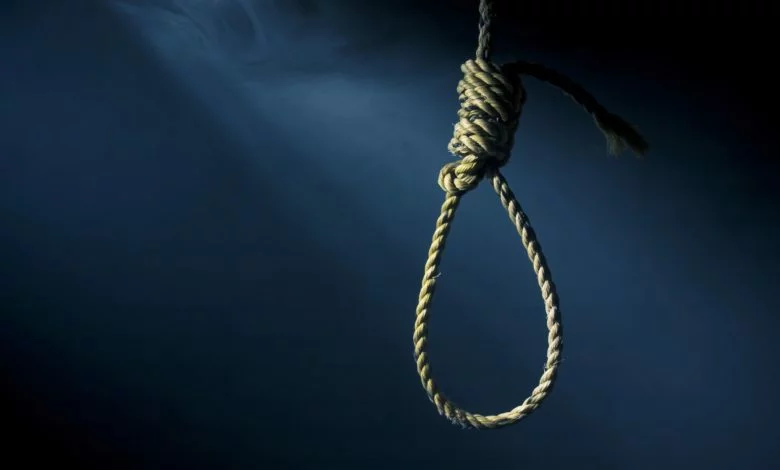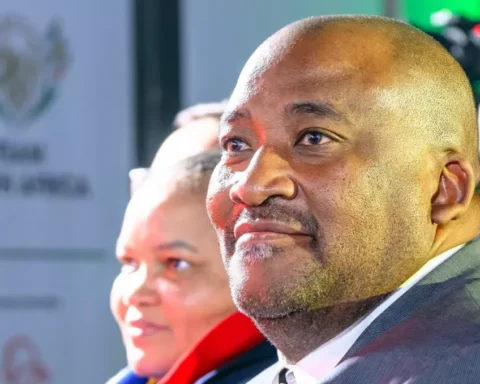Bulawayo residents actively advocated for the abolition of the death penalty during a public hearing. They cited reasons such as flawed investigations, gender discrimination, and colonial origins. The joint Portfolio Committee on Justice, Legal, and Parliamentary Affairs, along with the Thematic Committee on Human Rights, conducted public hearings on various bills, including the Death Penalty Abolition Bill. During the public hearing, resident Themba Chiveya highlighted the potential for miscarriages of justice and the colonial legacy of the death penalty. He stressed the importance of abolishing the death penalty, stating, “Let’s abolish this death penalty.”
The bill, a private members bill (H.B 5. 2023), aims to eliminate the death penalty for all crimes in Zimbabwe. Participants expressed concerns about miscarriages of justice, cultural perspectives, and the lack of social sustainability brought by executions. They argued against gender and age discrimination inherent in the penalty, emphasizing the need to allow individuals to rectify their actions.
Another participant, Witness Tavarwisa, raised cultural perspectives and the lack of social sustainability brought by executions. He emphasized that executing the murderer doesn’t bring back the deceased relative, and therefore, the penalty should be abolished.
Thembelihle Ndlovu from Ward 19 echoed concerns about wrongful convictions and the deprivation of individuals’ right to life. She argued that abolishing the penalty would prevent such injustices.
Participants also raised concerns about gender and age discrimination inherent in the penalty. They argued that the current laws discriminate against men and certain age groups, highlighting the need for reform.
Beauty Thebe from Emganwini, Bulawayo shared personal experiences and highlighted disparities in prosecuting crimes. She emphasized that those with money often escape punishment, while the poor face harsh penalties.
Lebohanga expressed concerns about Zimbabwe’s investigative capabilities and the potential for wrongful convictions due to economic disparities. She argued that the penalty should not continue in such circumstances.
However, some participants voiced support for retaining the death penalty, citing its deterrent effect on crime and ensuring justice for victims. They argued that abolishing the death penalty would embolden criminals and lead to an increase in crime rates.








